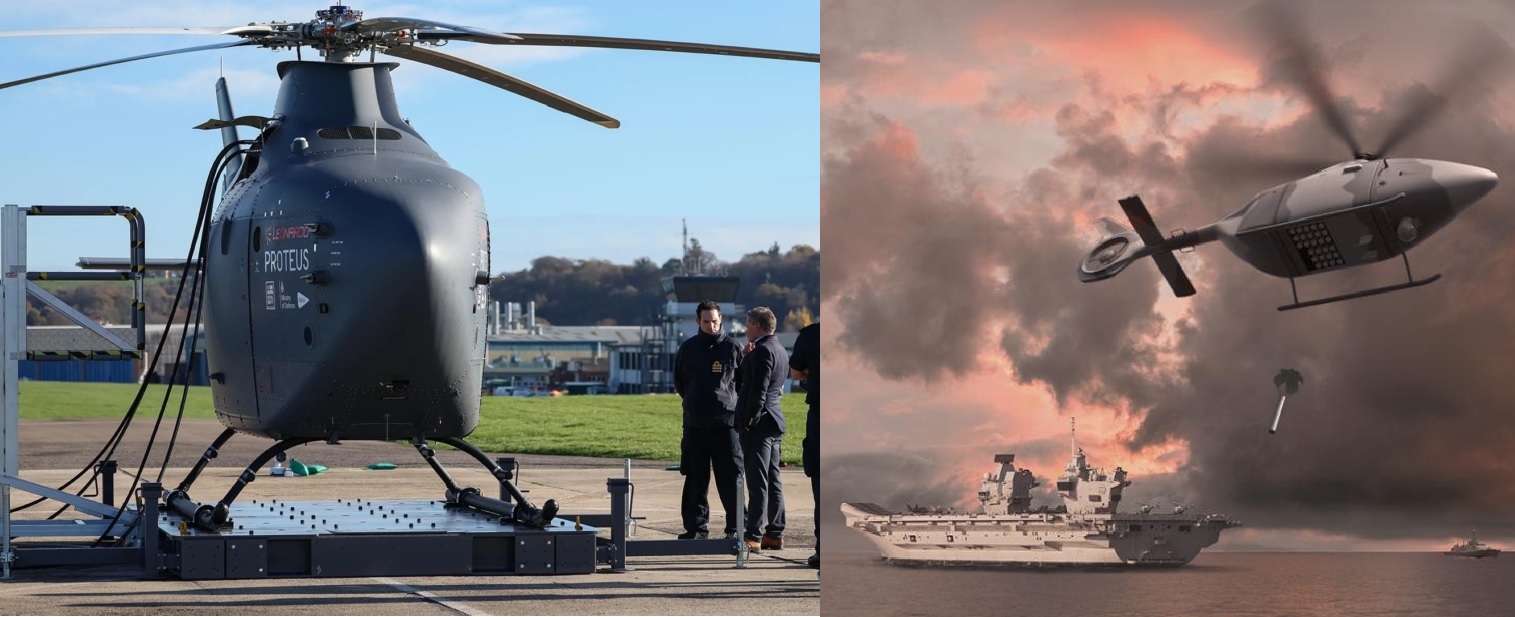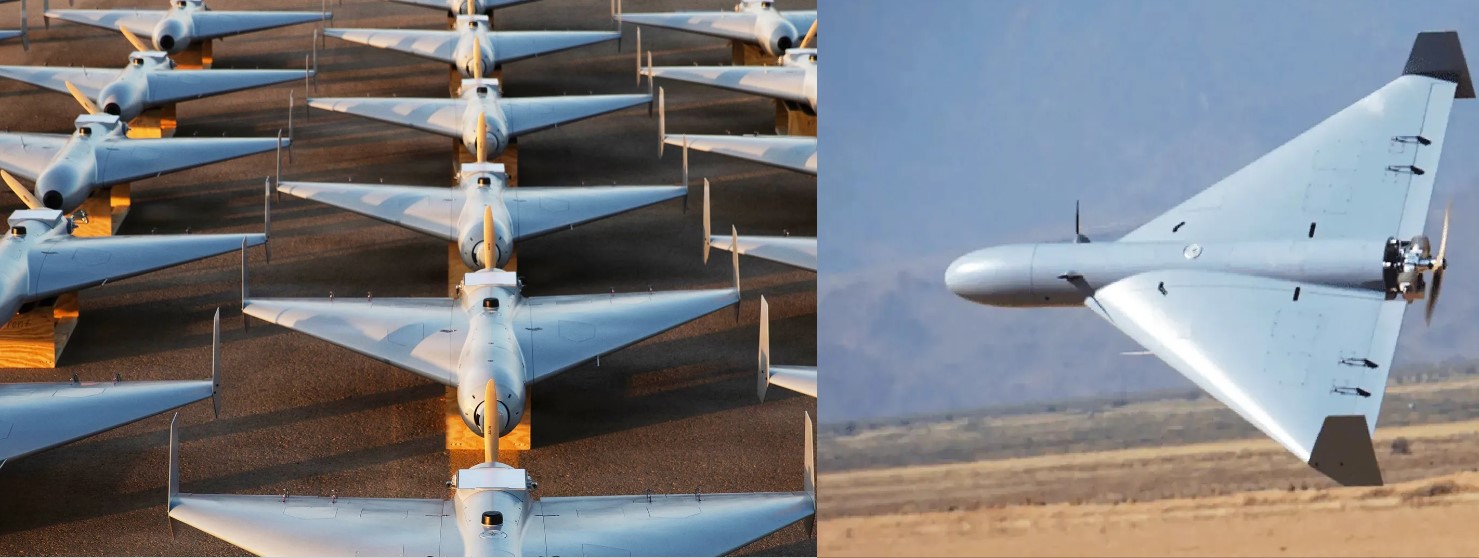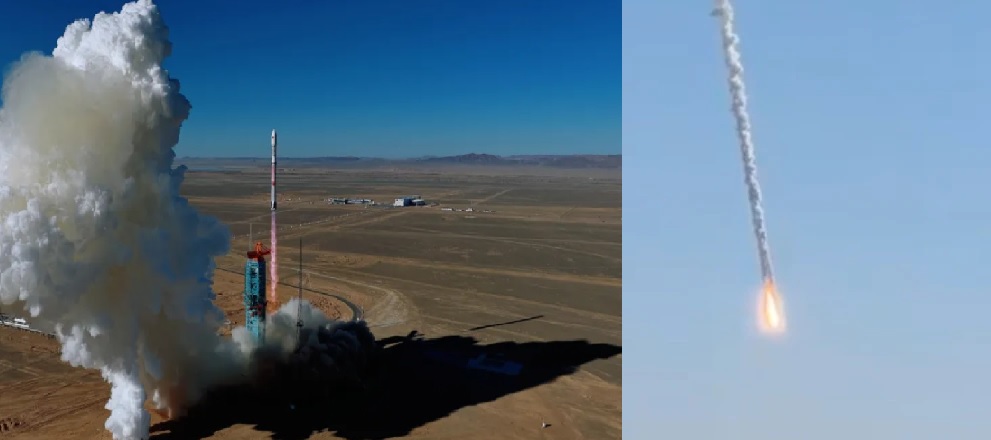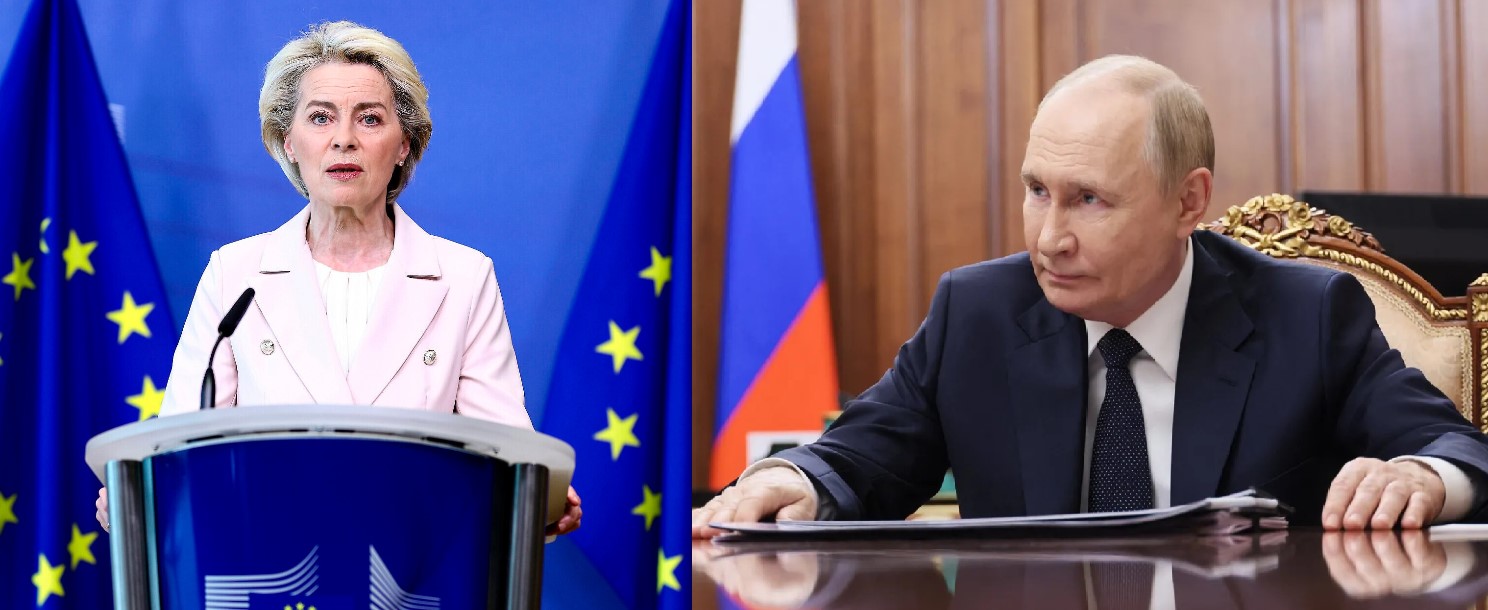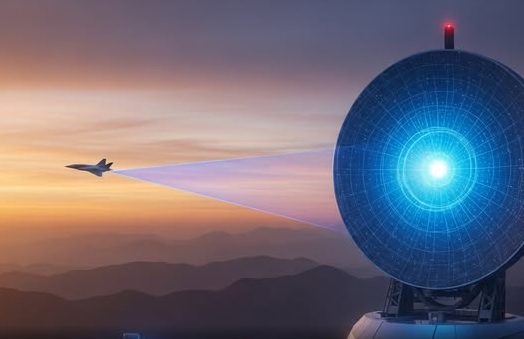Tensions Rise as Italy Accuses UK of Withholding Key Technology in Fighter Jet Program

In a surprising public statement, Italy’s Defence Minister Guido Crosetto has criticized the United Kingdom for not fully sharing technology in a multi-nation fighter jet program, signaling growing tensions within the Global Combat Air Programme (GCAP). The project, which includes Italy, the UK, and Japan, aims to develop a next-generation stealth fighter jet by 2035, blending cutting-edge AI, hypersonic capabilities, advanced radar, and electronic warfare systems.
Crosetto expressed deep concern that the UK is being reluctant in transferring critical technologies, even as all three nations invest heavily in the joint effort. He emphasized that genuine partnerships are built on equal trust and cooperation, not on retaining strategic advantages. “There is no longer anyone who can be considered first and second class,” he said, pointing out that Italy and Japan had already lowered such “barriers of selfishness,” but the UK had not yet done so.
Although Crosetto did not identify which specific technologies Britain was allegedly holding back, his remarks hint at issues that may involve advanced software, avionics, or stealth systems being developed by British defense firms like BAE Systems. These are vital components for what is supposed to be one of the most advanced aircraft ever built.
GCAP is not just a military initiative but also a strategic alliance aimed at competing with U.S. and Chinese advancements in aerial combat technology. The joint company overseeing the project includes BAE Systems from the UK, Leonardo from Italy, and Japan’s JAIEC, each holding an equal 33.3% stake. However, such balance in ownership does not seem to be reflected in the sharing of intellectual property, at least from Italy’s viewpoint.
Crosetto also welcomed the idea of bringing Saudi Arabia into the fold. He believes Riyadh’s participation could provide additional resources and accelerate technological development. According to him, Saudi Arabia’s inclusion would mirror the strategic importance of Japan’s entry and could help expand the scope of GCAP beyond just Europe and Asia.
For now, the British Ministry of Defence has not publicly responded to Italy’s concerns. However, behind-the-scenes discussions are likely underway as all three nations understand the importance of maintaining unity and trust to keep the ambitious program on track.
If these tensions continue to simmer, the project could face not only delays but also a potential weakening of alliance cohesion—something that could undermine Europe and Asia’s collective efforts to stand up to global superpowers in the defense technology race.
✍️ This article is written by the team of The Defense News.
